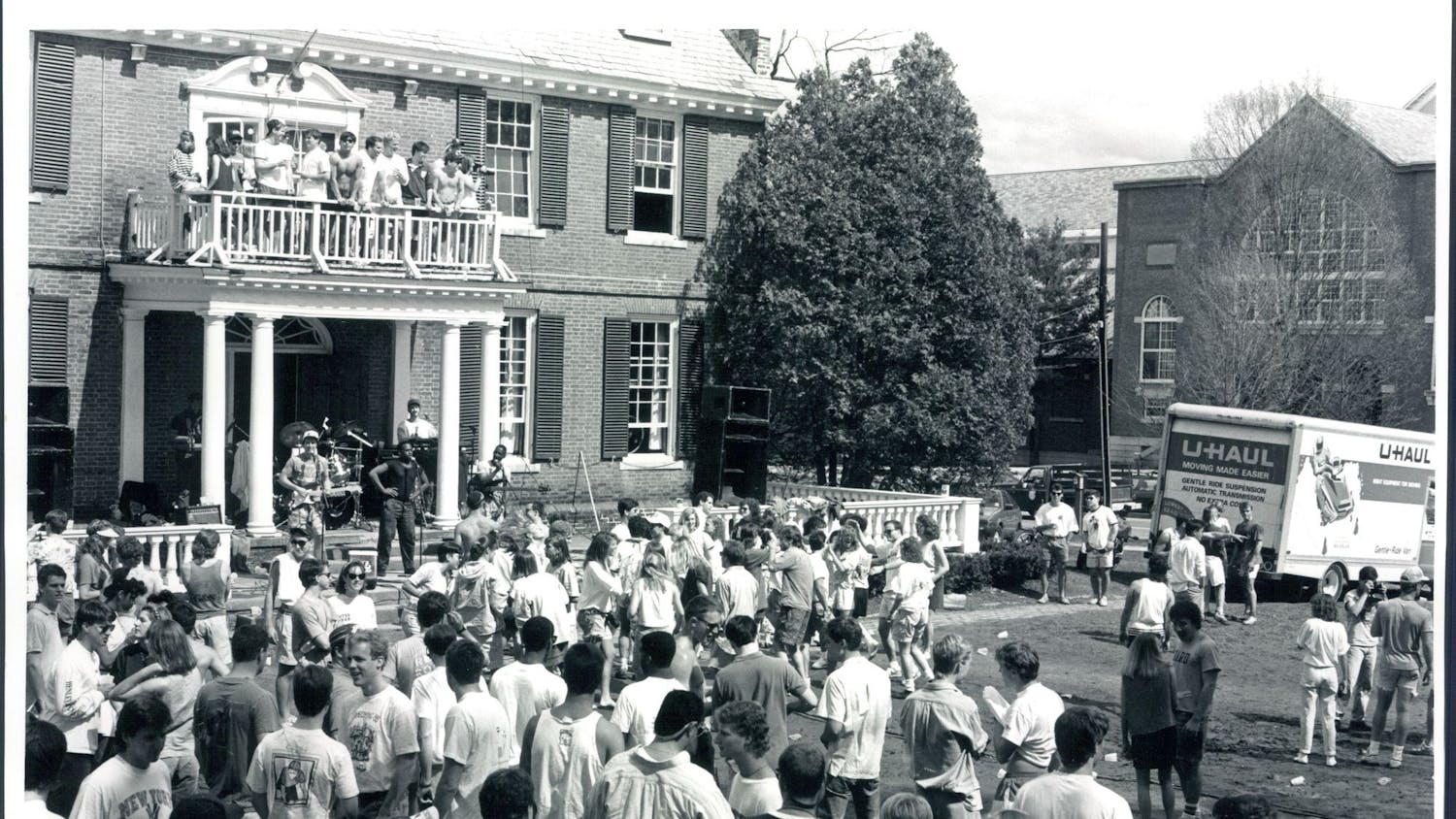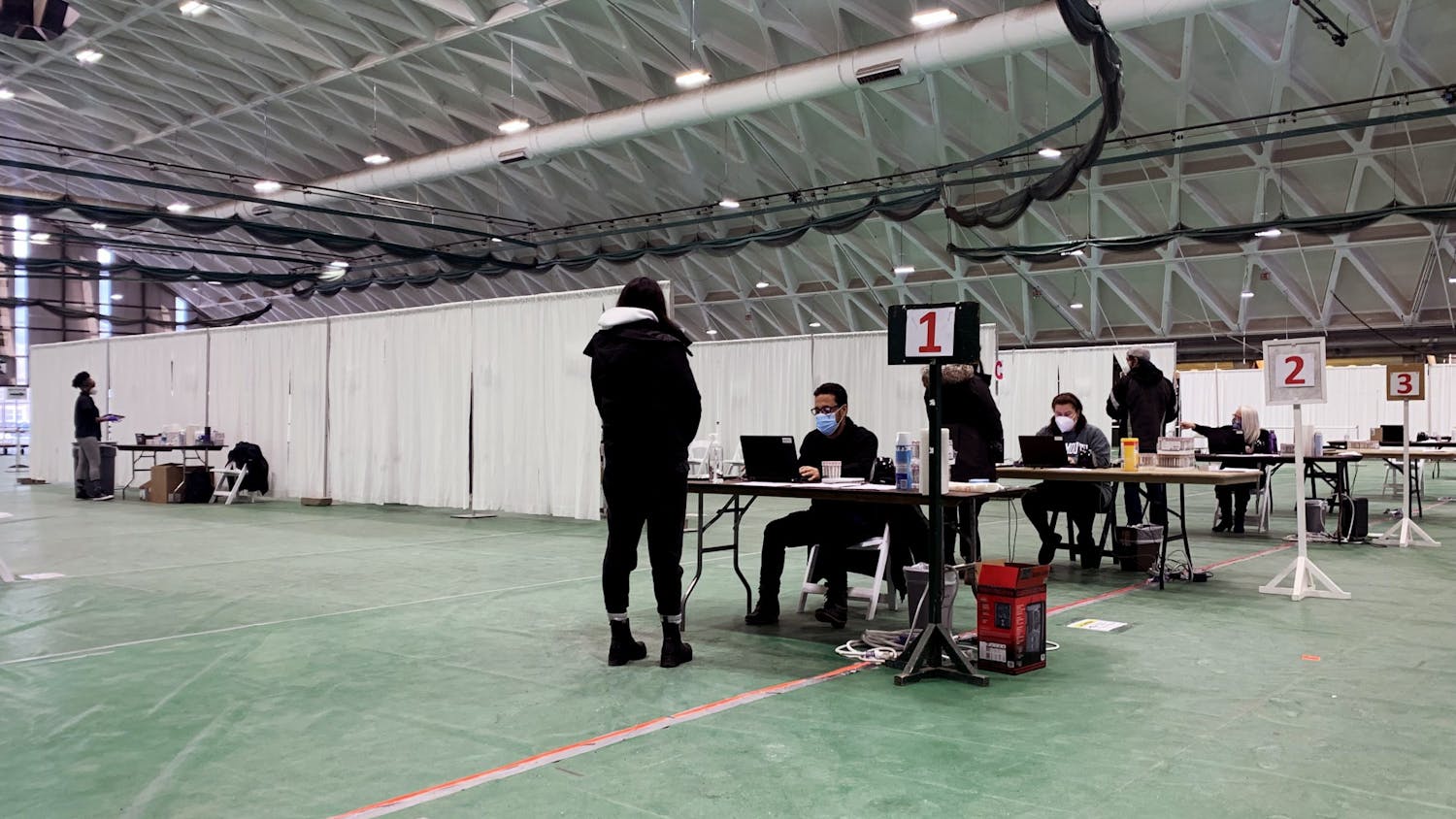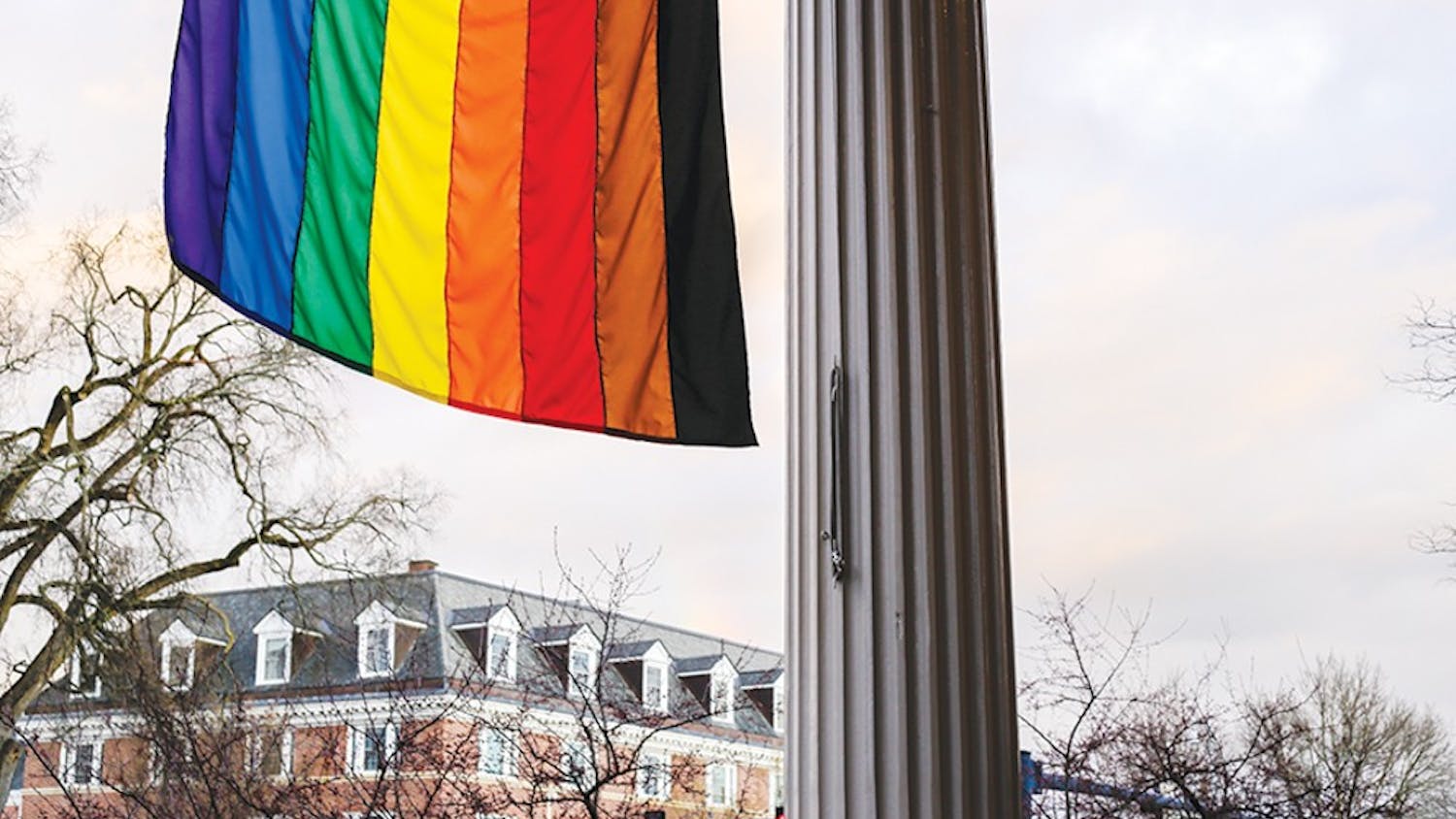Eric Dezenhall ’84 is a crisis management consultant and the author of seven novels, which draw inspiration from his experiences and transform them into fast-paced tales of gangsters, terrorists, dirty politics and, most recently, revenge.
Dubbed “a dog with a bone when it comes to attacks” by Doug Elmets — his former boss at the White House Office of Communications under the Reagan administration — Dezenhall runs a firm that has taken on work in a number of controversial cases, including one involving ExxonMobil and Greenpeace.
During his time at Dartmouth, Dezenhall studied political science and media in the government department — subjects that influenced his work as both an investigative journalist and writer. His broad professional background has given him inspiration for his side gig as a writer, exploring topics ranging from nonfiction Cold War spy thrillers to fictional stories of terrorism, gangsters and political propaganda.
Dezenhall’s newest novel, "False Light,” which was released on Tuesday, features an old-school investigative journalist named Sanford “Fuse” Petty who is suspended from his paper pending a disciplinary investigation. “False Light” follows Fuse’s crusade against a sensationalist media personality who assaulted his friend’s daughter.
In an interview with The Dartmouth, Dezenhall spoke about his novel “False Light,” his consulting work and his thoughts on the #MeToo movement.
Where did the title, “False Light” come from?
ED: In defamation law, the difference between false light and defamation is if I said “You’re a mass murderer,” and then I wrote a story saying that — and I knew it wasn’t true — that’s defamation. If I wrote an article about mass murderers and had pictures of Ted Bundy and Charles Manson, then in the lower corner had a picture of you and it said, “You’re a Dartmouth student,” you could make a false light claim. What I’m seeing happening in journalism is people can be made to look bad without necessarily defaming. When you read the book, you’ll see it deals with ways to hurt people without crossing into provable defamation.
How did your practical experience inspire and inform the plot of “False Light”?
ED: I've had a crisis management firm since 1987. I deal with businesses and large institutions that are under fire: product recalls, institutionalized sexual assault and environmental controversies. My clients are on the receiving end of intense criticisms that range from things they deserve to be criticized to things they don’t. I've written nonfiction books that deal with crisis management, but what’s much more fun to do is to take what I see happening that is unfair and make the book about that.
“False Light” explores the tension between “gotcha” journalism and investigative journalism. What do you think the role of the media should be?
ED: I do think there is a role for investigative journalists to figure out what harm may be coming to the public. But as you’ll see in the book, what Fuse objects to is a younger generation of reporters who just want to ruin somebody by deadline time, get on TV, get a book deal and have Charlize Theron play her in the movie. That’s what I think is happening with journalism.
One of the reasons Fuse is disliked by younger journalists is he's telling them, “Go, do your work! Stop worrying about getting on TV.” That’s what journalism has become about, and that’s very troubling. There's nothing wrong with being on TV — it’s just that if the desire to be on TV replaces hard work, that's the problem. And you’ll see, the way we get the bad guy is his great weakness — his fatal flaw — is he can’t stay away from the camera.
One of the things that’s interesting to me is I think people fabricate this perfect life on social media, including my bad guy in the book. To me, the worst thing you can do to somebody who has fabricated their image is expose them. That is what I do in the book. We all have a success fantasy. There’s nothing wrong with that. There's nothing wrong with ambition. The question is, do you recognize at some point that you’re living in a fantasy as opposed to having a fantasy?
How did you address the #MeToo movement in your novel?
ED: I’m a white, middle-aged man in a position of relative authority. It’s my demographic that has been, generally speaking, the problem. I was very anxious about how I would write about this. A friend of mine, a rape survivor and an activist, gave me really good advice: “Don’t try to be the guy who gets it. You can’t possibly, unless you’ve been sexually assaulted. Don’t claim for a minute that of all the guys in the world, I’m the one who totally gets what women go through.”
One of the thoughts I had was, “I have to do something in the book to make people doubt the young woman who was assaulted,” because that's part of the whole #MeToo issue. I talked to an FBI guy who said to me, “Make the assault happen during finals week, because that’s when we get the uptick and false reports.” And I said, “That's absolutely vicious. And I’m going to use it.” Because the story would have no credibility if everybody from minute one believed this young woman.
As a consultant, you have to constantly censor yourself. Do you find writing novels to be a place where you are free to express your opinions?
ED: Yes. One of the reasons why I write is to cope with the stress associated with my own business. While I can’t name the names, I can tell you that some of the monsters called out by the #MeToo movement did contact me, and I declined them because I just don’t want to work with them. I have worked on ugly things before, and what I'm trying to do as I get older is work on things I want to.
You'll see in the book: Fuse breaks laws left and right. I can’t do that in real life, nor can I go in front of General Motors, their board of directors and say, “Ladies and gentlemen of the board, I have an idea. Let’s get revenge.” One of the things I see in my field and in my life is bad people get away with things. The way this book came about was a simple one-line premise: What would happen if a guy who’s gotten away with everything his whole life found himself on the receiving end of somebody just like him? I am bothered by people who get away with things because I see it all the time, and there’s not a lot I can do about it.
This interview has been edited and condensed for clarity and length.
Correction appended (March 1, 2021): A previous version of this article stated that Dezenhall received criticism for supporting ExxonMobil in its disputes with the environmental group Greenpeace. The article has been updated to more accurately reflect Dezenhall's firm's involvement in the ExxonMobil case.




